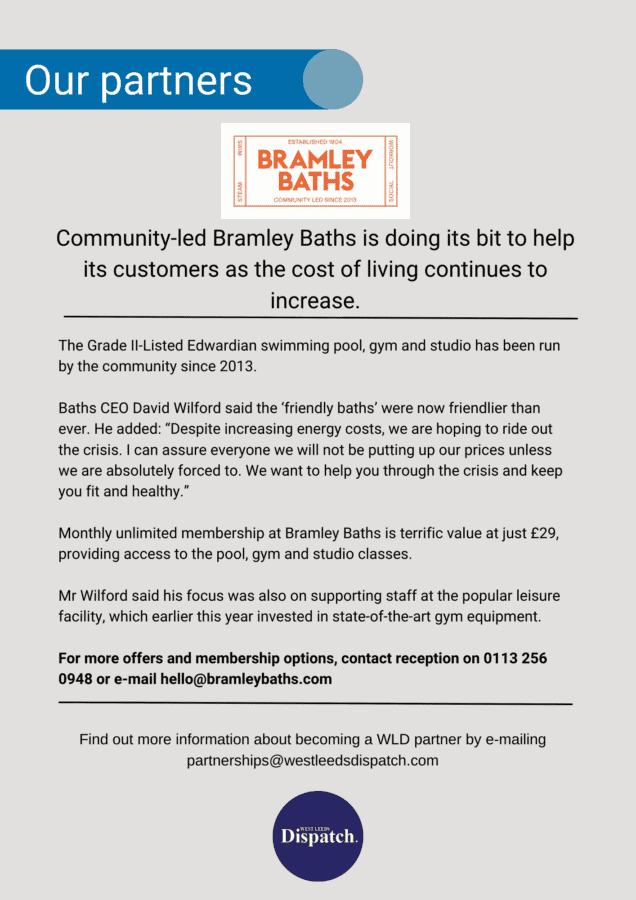By Paul Abraham of www.headingonwards.com
As we now start getting back to our work routine we will now begin to face the pressures and potential stress-triggers that effect us in our working environment. So here are ten tips which can help you cope and think better at work,
- Have a look outside
There’s a reason you get your best ideas when you’re in the shower, driving or on a run. Neurons are forging new pathways and digesting information when our brains are wandering. Often the best way to solve a tough problem is to walk away and let your brain do the work subconsciously. Take 10 seconds and have a look outside – a tree is not a distraction, it is a rejuvenation tool that helps us relax.
- Make a to-do list
By finishing one thing after another we activate our reward system, motivating ourselves for future tasks and decreasing stress. Positive achievements lead to positive feedback loops in our brain which encourage us to repeat the behaviour. Checkmarks seem simple but our brain loves small symbolic rewards.
- Take a break
Brains get tired. The brain’s capacity is limited and complete focus isn’t possible for longer than 45 minutes to an hour for most people. Set small goals then do your brain a favour and let it take an extended break.
- Get closer
Attention depends on how close we are to sensory stimuli. To create new ideas, we have to work in spaces where people are able to hear well, have eye-contact with one another and have easy access to shared documents and materials.
- Take a breath
Mindfulness – keeping your mind turned into the moment of here and now appears to be one of the best ways to train the brain. The practice has proven to show increased gamma activity in brains, indicating intensely focused thought.
- Define the finish line
To be able to pay attention a brain needs to know that a task is limited. Give your tasks or your meetings a starting and an ending point. Define the finish line and help your brain to best manage its resources.
- Talk to yourself
Everybody knows this feeling – you need to concentrate and your mind keeps wandering. Additional activities like writing, sketching or talking (to yourself, your technical devices or others that don’t talk back) helps to clear your mind of distracting thoughts and to fully focus on the task at hand.
- Sleep
Sleep plays an important role in our ability to focus and hold attention. When we are sleep deprived our ability to learn, focus and regulate our mood decreases.
- Move your body
Static sitting sabotages our ability to concentrate. When we move, we stimulate the production of the protein BDNF (brain-derived neurotrophic factor) which helps the brain areas vital to learning, memory and concept thinking.
- Stop multitasking
We cannot consciously keep more than two things in our brain at one time. When we think we are multitasking, we are really switching our attention rapidly between things and the more we do it, the worse we become in prioritising.
Sponsored Content





